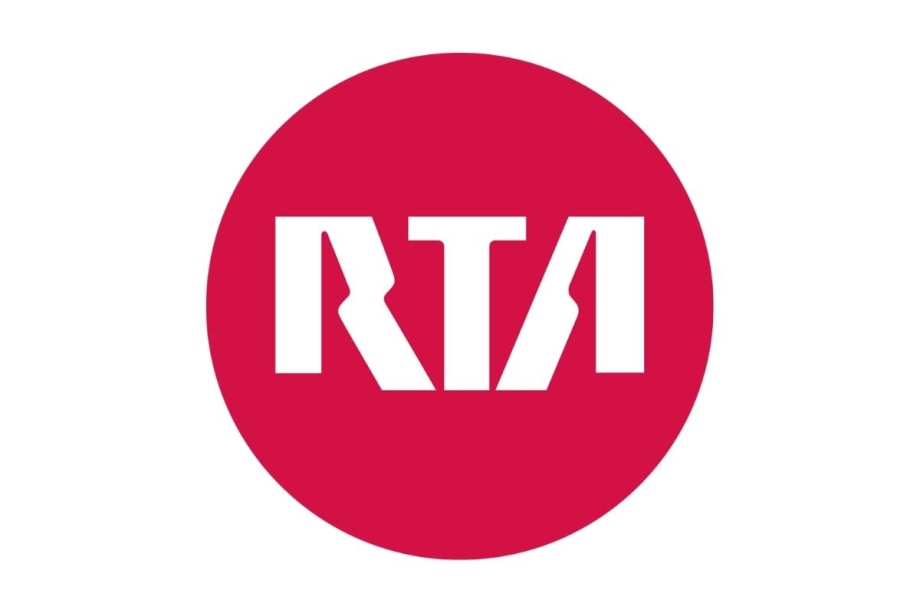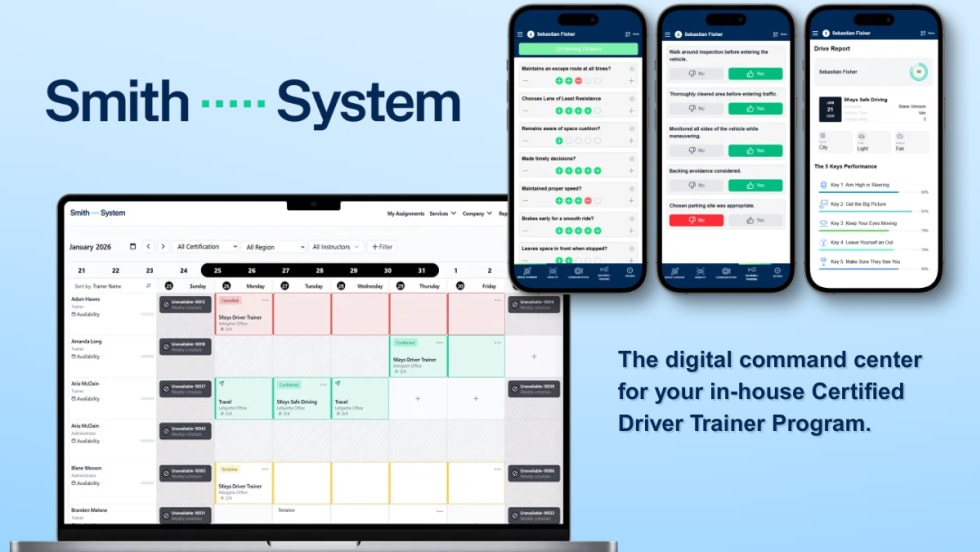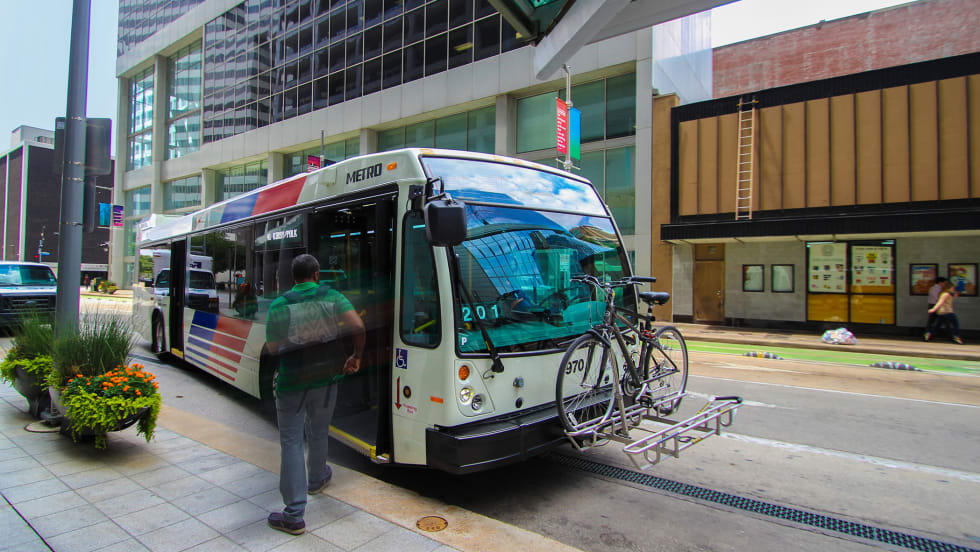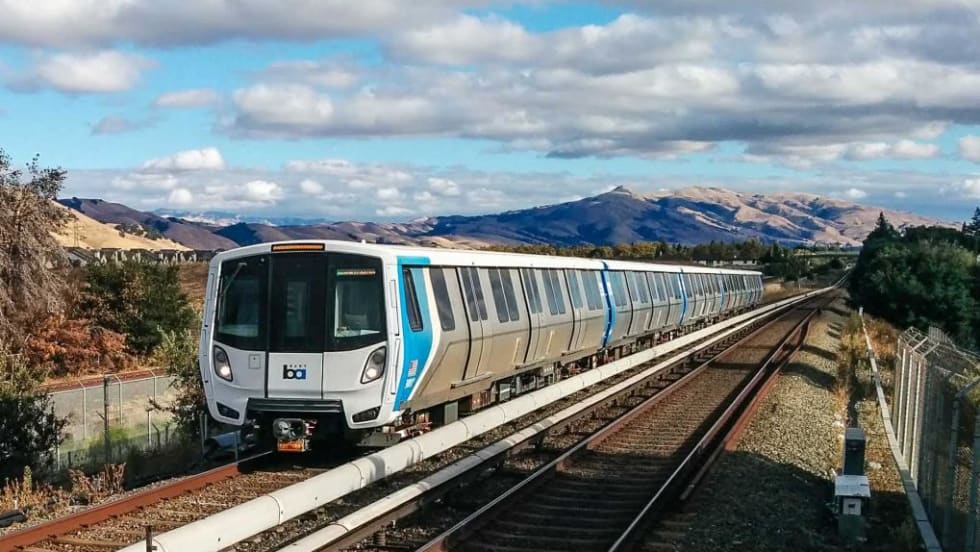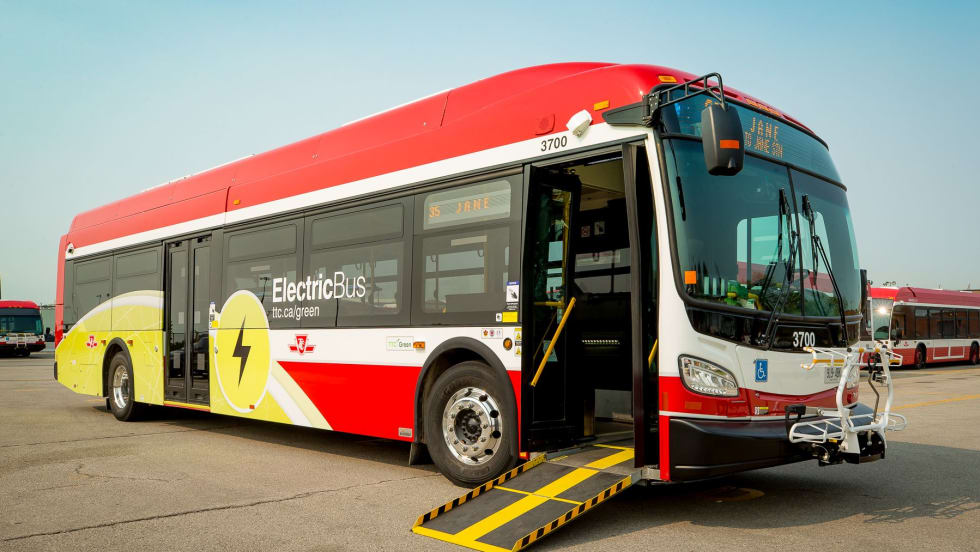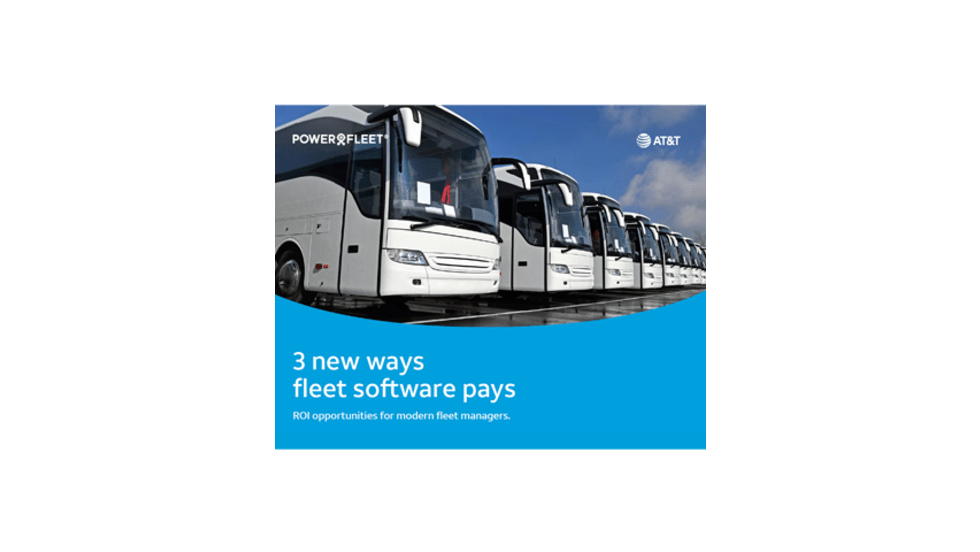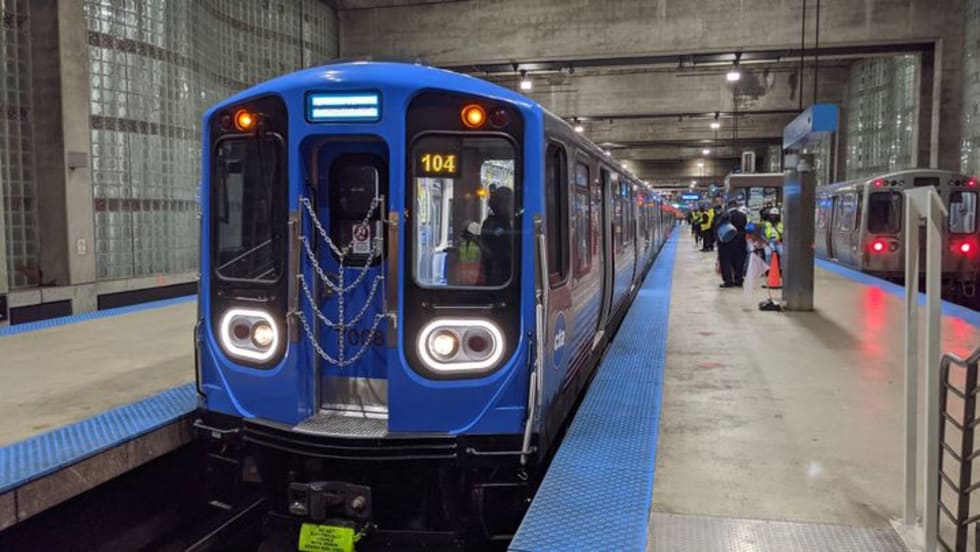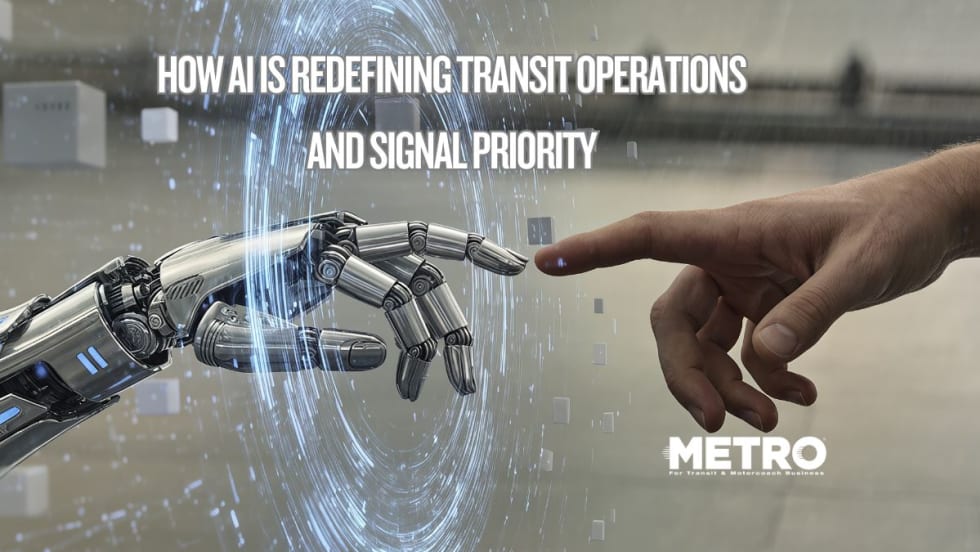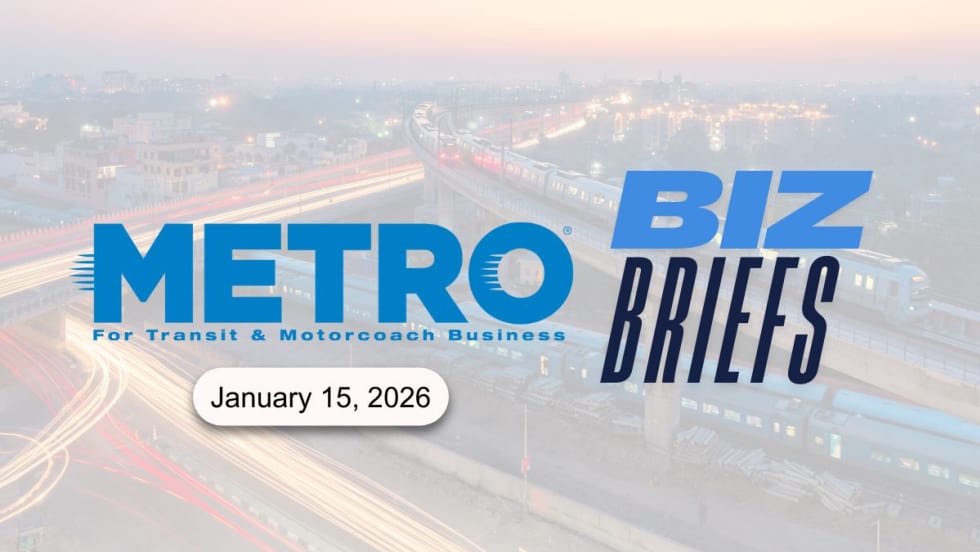The Greater Cleveland Regional Transit Authority (RTA) is upgrading its HASTUS modules for scheduling and operations, adding the NetPlan module, and moving RTA’s HASTUS installation to the cloud by adopting GIRO’s turnkey hosted solution.
RTA said it chose GIRO's hosted option for its upgraded HASTUS installation to reduce risks and enjoy increased benefits in the form of a disaster-recovery program, efficient upgrades, and 24/7 support.
“This HASTUS upgrade provides RTA with new opportunities in our scheduling and service-planning areas," said Michael Lively, manager of Intelligent Transportation Systems, RTA. "We are especially excited about the possibilities of NetPlan, which will allow our team to build models and see how proposed changes will impact important metrics such as our customers’ travel times, vehicle frequency, and more."
The hosted HASTUS installation helps RTA with assigning resources to maintain the servers required for the previous on-premises installation.
“GIRO is committed to continuing to support RTA with the best software tools to help meet their strategic goals,” said Robert Victor, GIRO VP, Public Transit Software for the North American and Australian markets. “We value the collaboration that we have enjoyed with RTA since 1989. We are confident that NetPlan will play a key role in defining the future of transit in Greater Cleveland.”
RTA adopted a 10-year strategic plan to lead its integration of new technologies and to continue to demonstrate its customer focus through various planning initiatives.
The agency has identified a recently completed fare-equity study and the coming selection of a new fare-collection method as examples of initiatives for which it expects to use NetPlan to full advantage.
RTA said it also expects NetPlan to enable its planning and scheduling teams to adapt to changes in travel patterns and the ridership profile that may occur in the recovery phase from the COVID-19 pandemic.



